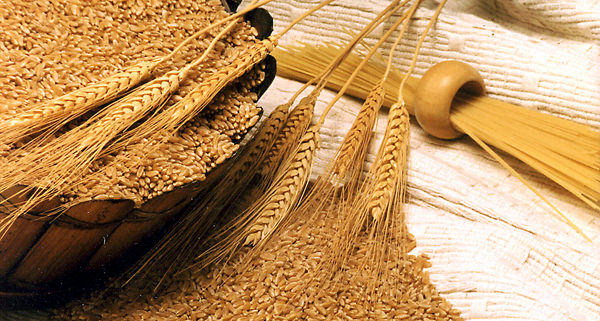A recently published review on dietary fibre and FODMAP-restricted diet in the management of constipation and irritable bowel syndrome has reminded me of how far dietary management of IBS has come in the past ten years.
Traditionally, people with constipation related IBS (IBS-C) were advised to increase dietary fibre intake to alleviate symptoms, but evidence now suggests that “feeding up on bran and roughage” may actually make IBS symptoms worse.
For IBS sufferers with a gut that is super sensitive to even the slightest bit of gas, it may seem nearly impossible to get enough fibre to keep digestive bacteria alive and kicking, while keeping FODMAPs low enough to manage IBS symptoms. A low FODMAP intake often results in decreased fibre intake, which may cause constipation.
Adults don’t eat enough fibre. Although it is recommended that adults consume 20–35 g of dietary fibre per day, most only consume 10–18 g of fibre per day.
IBS sufferers either eat too much of the wrong types of fibre, or not much fibre at all.
Not all fibres are the same. All dietary fibres are poorly digested in the small bowel but they have different actions depending on their structure.
Fibres are often classified as soluble or insoluble fibre depending on their interaction with water, and further classified into highly, intermediate, minimally or non-fermentable.
Whole foods or fibre supplement. Can either be consumed regularly as part of wholes food such as in the form of vegetables and fruits or can be taken as supplements like bran or psyllium.
Soluble fibres help to bulk up stool volumes by drawing fluid into stool (nearly half of which is bacteria).
Psyllium (Ispaghula) is a bulking fibre. The husk of seeds from the Plantago ovata plant are absorb fluid and form a gel.
Psyllium is partially fermentable but seems to be well tolerated by people with IBS and effective in preventing constipation if diet is adequate in fluids and psyllium taken with adequate water (400ml per teaspoon).
Fibre reduces bowel cancer risk. The short chain fatty acids formed when bacteria in the bowel break down fibre protect the bowel.
Gases formed when bacteria break down fibre (hydrogen, methane, carbon dioxide) can be the cause of tummy bloating, pain and cramping.
Insoluble fibres, inulin and other FODMAP fibres are less well tolerated by IBS.
Use a gradual approach when increasing fibre and consider probiotic supplementation to help fibre fermentation in the bowel.
Ground flaxseed (linseed) has been found to ease symptoms of constipation, bloating and abdominal pain.
Dietary advice from a qualified dietitian is a key factor in constipation management!

